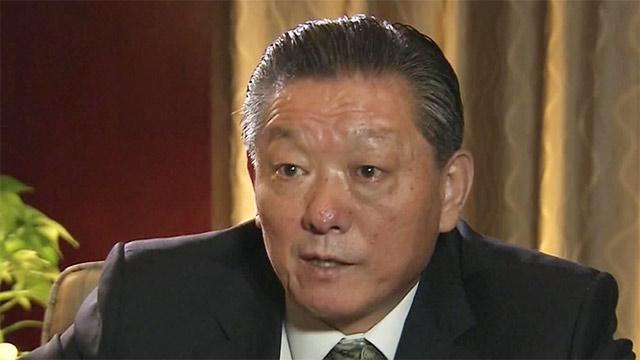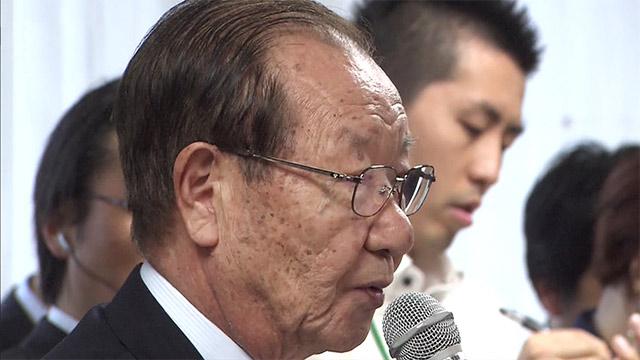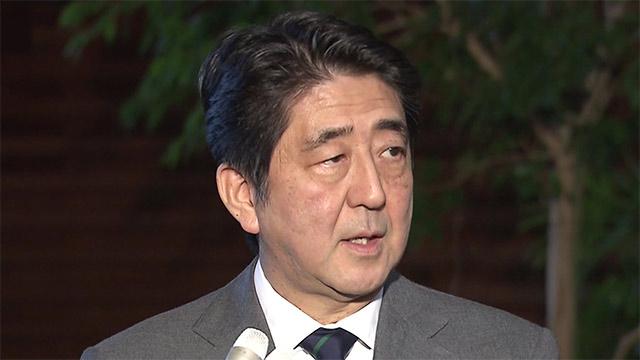They agreed with their North Korean counterparts in May to reinvestigate the fate of all Japanese nationals in the North. And they promised, in exchange, to ease some sanctions imposed on the North.
Officials in Pyongyang set up in July a Special Investigation Committee.
Japanese leaders said the North would present the initial findings sometime between late summer and early fall.
But as of late September, they were waiting to see the initial report.
And then North Korean envoy to Japan proposed sending a delegation to the North for an update.

"It would be better for Japan to meet directly with the members of a special committee and listen to what they have investigated so far. Japanese officials can propose some ideas. The committee may carry out another probe after hearing opinions from the Japanese side."
Song Il Ho / North Korean envoy
Many of the families of abductees harshly opposed the idea.

"I feel that Japan is being manipulated by the North. / What we want is some concrete results from investigators in Pyongyang."
Shigeo Iizuka / Representative of abductees' families
They presented a petition to the government. They demanded a deadline for the results of the probe. And they want Japanese officials to consider calling off the talks if the North doesn't abide.
And after 3 weeks of consideration Prime Minister Shinzo Abe made the decision to send the delegation.

"We took into account the risks that not sending a delegation might prompt officials in North Korea to suspend their investigation. So we decided it's vital for the delegation to directly convey our will and aims to the person in charge of the probe."
Shinzo Abe / Japanese Prime Minister
The delegation is requested to bring back information to the families that they think is significant in resolving the abduction issue.
